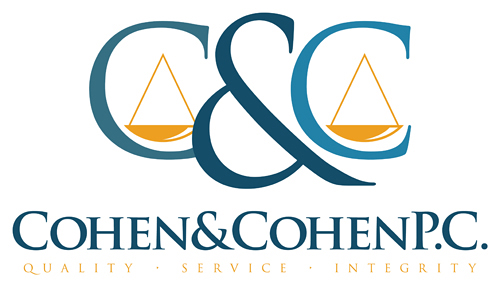In the world of bankruptcy litigation, deadlines are a fundamental part of due process. They exist for a reason and are not to be missed. But what happens when those deadlines are used not as safeguards, but as shields against accountability? A ruling in Dennie v. Ochs (In re Ochs) from the U.S. Bankruptcy Court for the District of Colorado offers a compelling case study on how courts may invoke the doctrine of equitable tolling to prevent procedural abuse from derailing substantive justice.
The Case at a Glance
Craig L. Ochs filed for Chapter 7 bankruptcy in May 2018, on the eve of a scheduled deposition in a related state court case. The plaintiffs, his relatives and beneficiaries of two charitable family trusts, alleged that Ochs had misappropriated approximately $1.3 million from those trusts.
Although the deadline to challenge the discharge of Ochs’s debts was August 27, 2018, the plaintiffs didn’t file their adversary complaint until May 2019, well after the deadline. Filing a late objection to a bankruptcy is usually fatal, especially if the creditors knew of the bankruptcy.
Using that logic, the Ochs sought dismissal of the challenge on the grounds that the claims were time-barred because there is a strict 60-day deadline to file an objection to discharge after the meeting of creditors.
The Motion to Dismiss and Plaintiffs’ Response
Ochs’s motion argued that, the plaintiffs were actively engaged in protecting their rights before the 60 day time limit expired, thus they knew of the filing, no extension of time had been requested and therefore the challenged to their bankruptcy should be dropped.
The plaintiffs, however, invoked the doctrine of equitable tolling, contending that their delay was due to deliberate obstruction and concealment by the debtor, including:
- Objections to discovery and delayed production of documents.
- Last-minute bankruptcy filing to avoid deposition.
- Repeated failures to comply with court-ordered discovery timelines.
- Incomplete and delayed document productions even after court intervention.
The Court’s Analysis
The Judge methodically analyzed the nature of the deadline under Rule 4007(c). He highlighted the Supreme Court’s holding in Kontrick v. Ryan, which found such deadlines are not jurisdictional but are instead “claim-processing rules”, rules that can be waived or tolled in appropriate circumstances.
Drawing from other cases, including Hamer v. Neighborhood Hous. Servs. and Maytorena and Martinez from the District of New Mexico, the court held that equitable tolling can apply when a party is:
- Diligent in asserting their rights, and
- Prevented from timely filing due to extraordinary circumstances.
In this case, the plaintiffs alleged, and the court accepted for purposes of the motion, that the defendant’s actions met both elements. It is important to note that court was required to accept the alleged facts as true in the context of a motion to dismiss. The plaintiffs still needed to prove those facts at a later date in order to prevail.
Why It Matters
Judge Rosania methodically analyzed the nature of the deadline under Rule 4007(c). He highlighted the Bankruptcy courts are courts of equity. When people who file for bankruptcy choose not to cooperate, the bankruptcy court will often compensate. In this case the Ochs’ repeatedly failed to cooperate with discovery requests, objected to producing documents, delayed compliance with a subpoena, the court had to hold multiple hearings to compel production, and when the production was done it was incomplete and required several rounds of follow up. The testimony given by the Ochs was gauge and non-substnative and the Plaintiff’s weren’t even included as debts in the original schedules even though there was a long standing dispute.
While deadlines are essential to legal order, they are not intended to enable misrepresentation or obstruct the discovery process. Parties in bankruptcy should be mindful that courts may apply equitable tolling when confronted with bad faith litigation behavior.
Practical Takeaways for Creditors and Debtors
For Creditors:
- Don’t assume that actual knowledge alone will protect your rights. Diligently pursue discovery and document every instance of delay or obstruction.
- Be proactive: file motions to extend deadlines when in doubt, even if you suspect the opposing party is stalling. The bankruptcy courts will take a hard look at what you are saying.
For Debtors:
- Transparency and compliance with discovery are essential. Bankruptcy is an extraordinary thing, it lets you get rid of your debts! Delay tactics can backfire and result in revival of otherwise time-barred claims.
- Misrepresentations—whether overt or by omission—can trigger denial of discharge and potential revocation.
Conclusion
Dennie v. Ochs reminds us that deadlines, though critical, are not absolute. The equitable powers of the bankruptcy court exist to ensure fairness, even if that means reviving claims that would otherwise be untimely.

